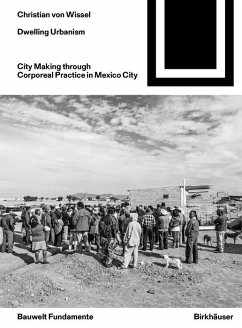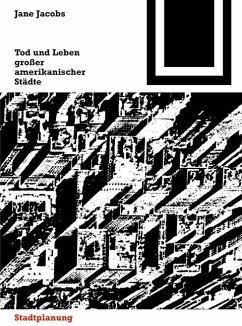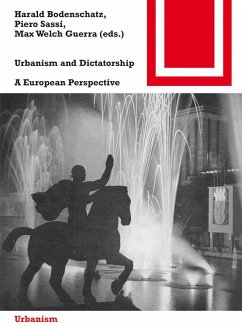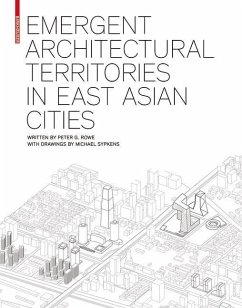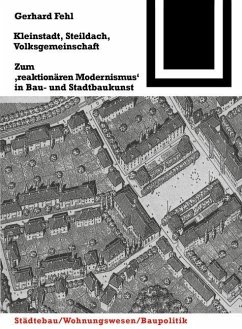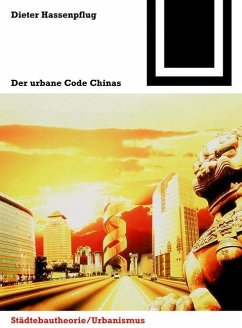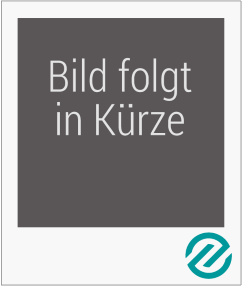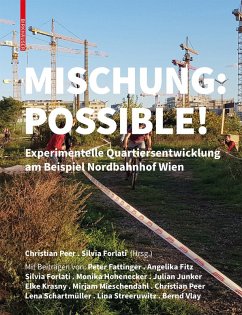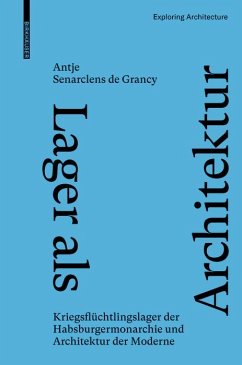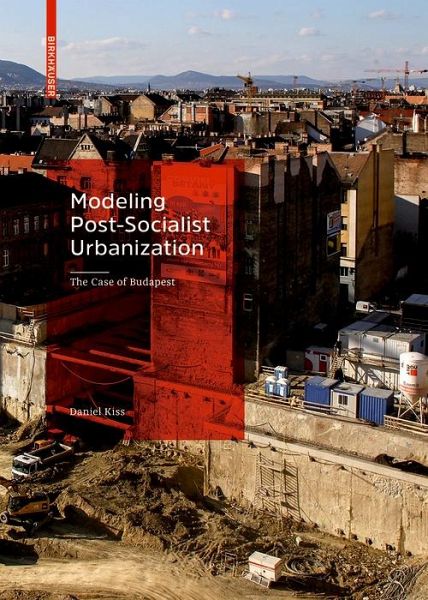
Modeling Post-Socialist Urbanization (eBook, PDF)
The Case of Budapest

PAYBACK Punkte
14 °P sammeln!
Der Autor untersucht die Stadtentwicklung von Budapest von 1990 bis 2010. Diese Periode ist durch die signifikante Abnahme einer kommunal gelenkten Stadtplanung gekennzeichnet: Angesichts der strukturellen Vermächtnisse sozialistischer Urbanisierung, der Dezentralisierung von Regierung und Ressourcen und der Auswirkung eines postsozialistischen Kulturkampfes wird ein Trend analysiert, der zu unklaren Kompetenzen und damit zu einem Versagen übergeordneter Planung führt.Die Konsequenz daraus ist eine Zunahme investmentgetriebener privater Großprojekte: diese entziehen sich naturgemäß einer...
Der Autor untersucht die Stadtentwicklung von Budapest von 1990 bis 2010. Diese Periode ist durch die signifikante Abnahme einer kommunal gelenkten Stadtplanung gekennzeichnet: Angesichts der strukturellen Vermächtnisse sozialistischer Urbanisierung, der Dezentralisierung von Regierung und Ressourcen und der Auswirkung eines postsozialistischen Kulturkampfes wird ein Trend analysiert, der zu unklaren Kompetenzen und damit zu einem Versagen übergeordneter Planung führt.
Die Konsequenz daraus ist eine Zunahme investmentgetriebener privater Großprojekte: diese entziehen sich naturgemäß einer übergeordneten Lenkung, speziell dann, wenn diese zu schwach ausgeprägt ist. Die vorliegende Modellanalyse stellt dieses Phänomen als beispielhaft für die Entwicklung post-sozialistischer Städte dar.
Die Konsequenz daraus ist eine Zunahme investmentgetriebener privater Großprojekte: diese entziehen sich naturgemäß einer übergeordneten Lenkung, speziell dann, wenn diese zu schwach ausgeprägt ist. Die vorliegende Modellanalyse stellt dieses Phänomen als beispielhaft für die Entwicklung post-sozialistischer Städte dar.
Dieser Download kann aus rechtlichen Gründen nur mit Rechnungsadresse in A, B, BG, CY, CZ, D, DK, EW, E, FIN, F, GR, HR, H, IRL, I, LT, L, LR, M, NL, PL, P, R, S, SLO, SK ausgeliefert werden.




